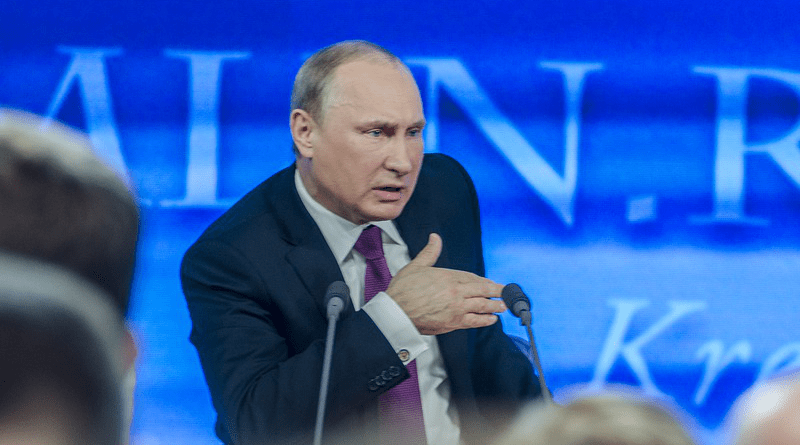Russian Emigres Must Change Their Focus Given Prospect Of A Long Putin Dictatorship – OpEd
By Paul Goble
Just like earlier Russian emigrations, many who fled Russia in disgust and fear after Putin launched his expanded invasion of Ukraine assumed that they would soon be returning in triumph to a transformed Russia. But now they are having to adjust to the prospect that Putin will remain in power for a long time and they will remain abroad.
That prospect, Aleksandr Morozov, a political scientist at Prague’s Boris Nemtsov Center, says, is forcing them to revise their own expectations and means that groups that have attracted attention may fade while others gain in importance (moscowtimes.ru/2024/03/25/rossiiskoe-emigrantskoe-dvizhenie-v-usloviyah-dolgoi-diktaturi-a125615).
According to the Prague-based political scientist, Russian society abroad has passed through three stages. The first involved coping with the shock of what the Kremlin had done. The second focused on helping those who had fled. And the third, which continues, is far and away “a very dangerous and complex” one.
“The war is dragging on and the prospect of a clear end is being lost,” he says. “Many emigres are beginning to think that Russia cannot have any democratic future, although there are optimists who expect that Russia will have a second chance in that direction.” But more and more assume that they must “be prepared for 30 years of Putin’s rule.”
There is no easy path forward, Morozov says. Some émigré groups will of course continue to try to help Ukraine and the victims of repression in Russia, but others who focus on information war will gain in influence even though the costs of doing so almost certainly “will grow” and the prospects for quick success will recede.
What seems clear is this, Morozov says. Efforts at cultural resistance will only grow in importance, just as was the case in the final years of the Soviet Union. Émigré political groups like NTS faded in the background, but publishing efforts like Ardis and YMCA Press not only grew but had a far larger impact on the population living under Moscow’s control.

